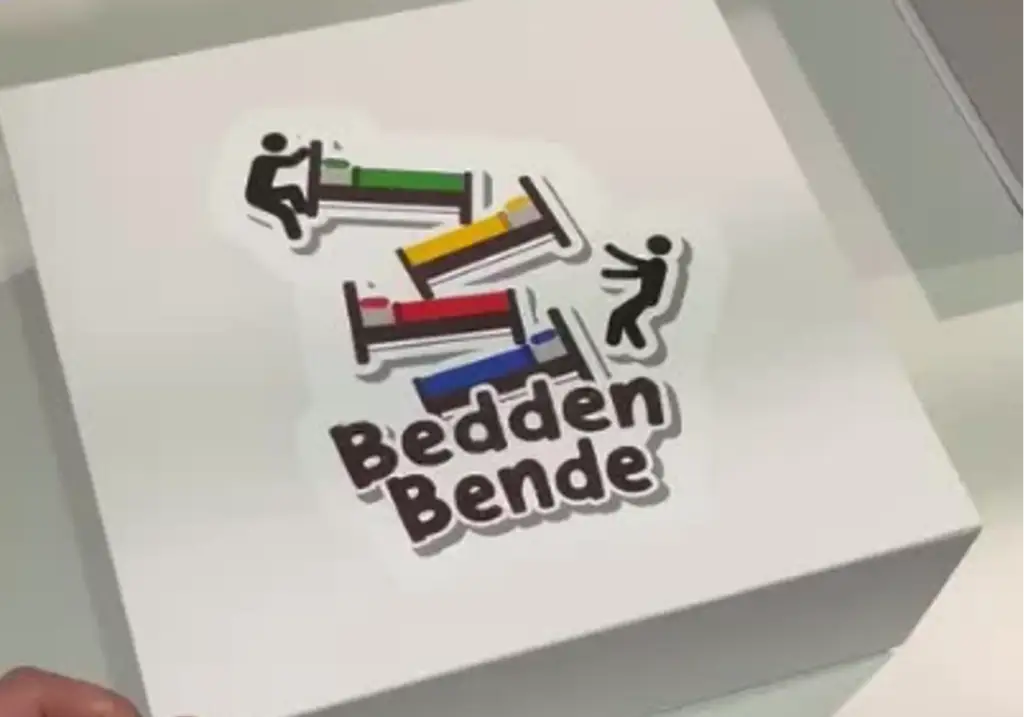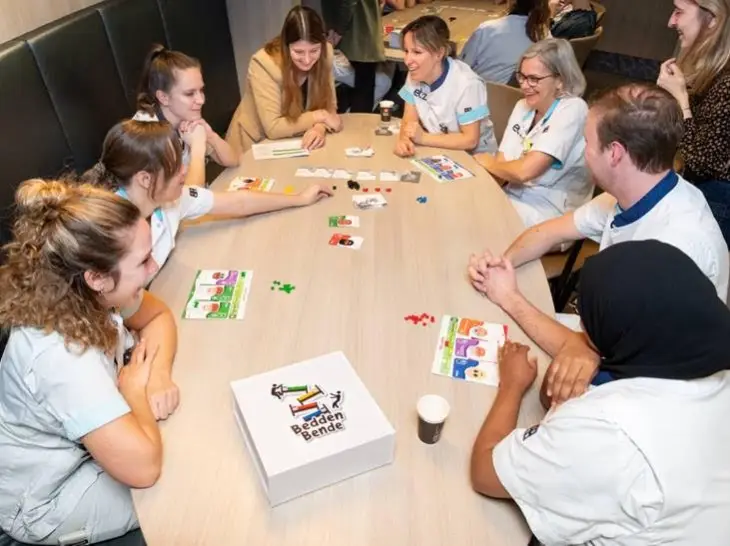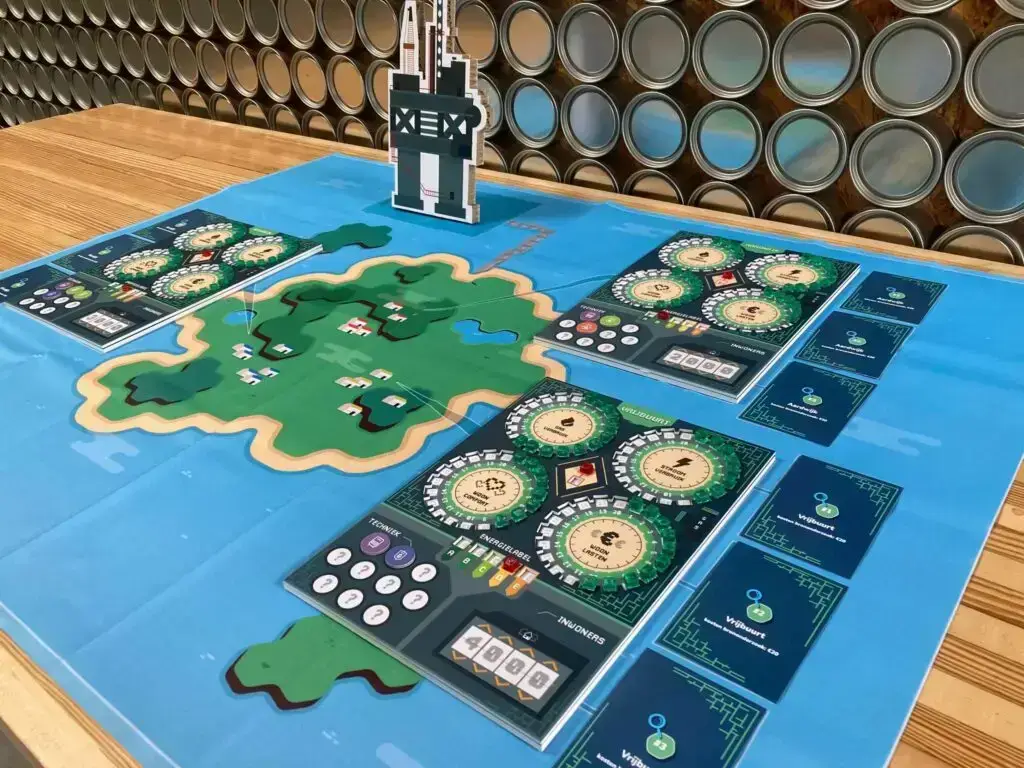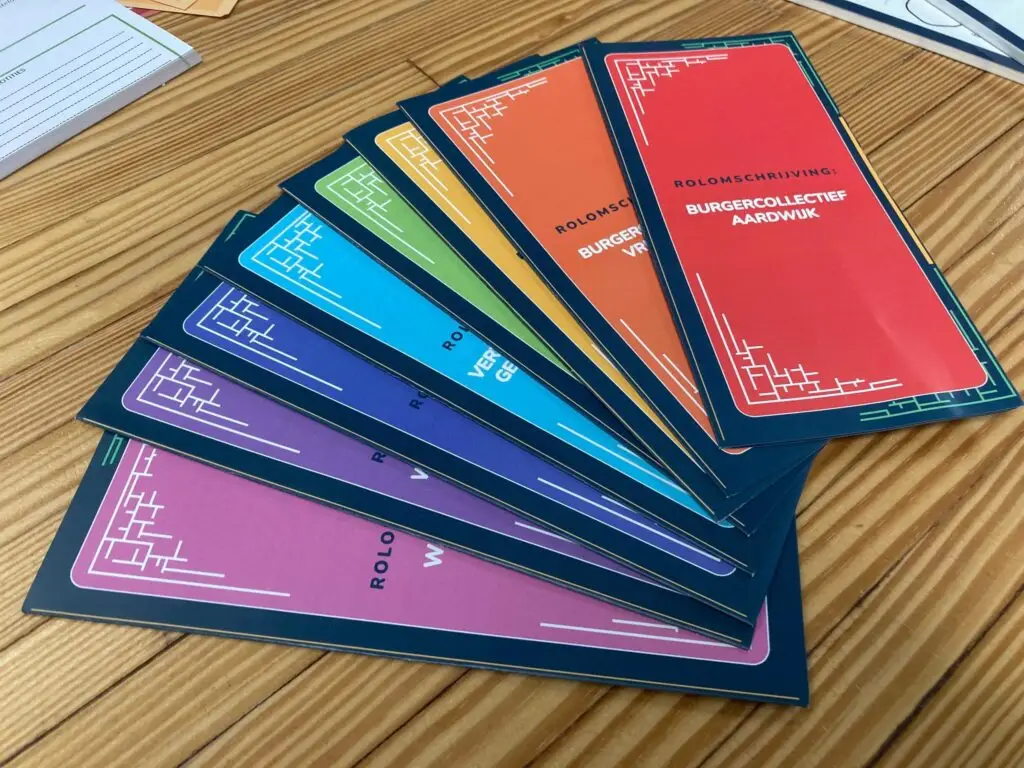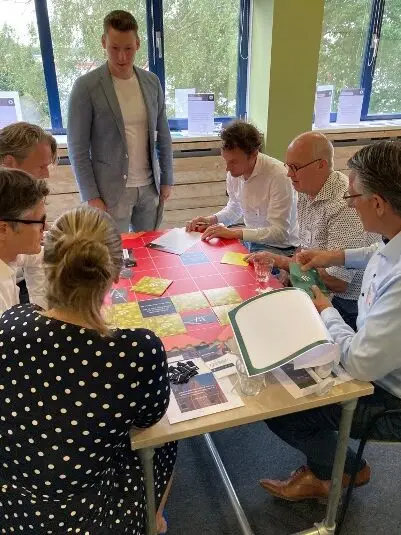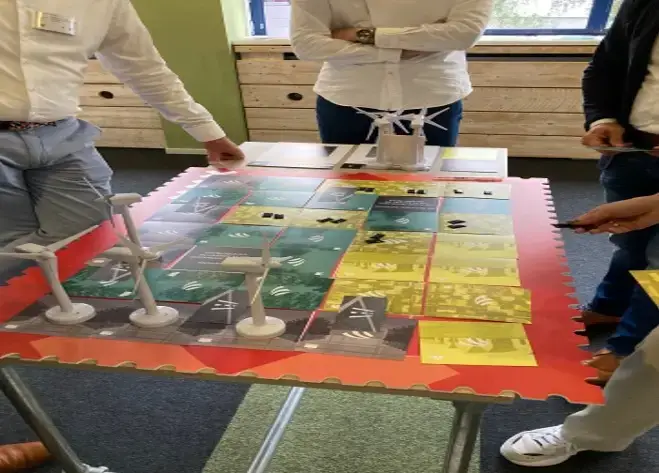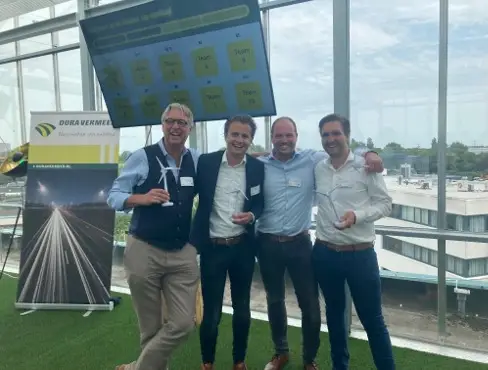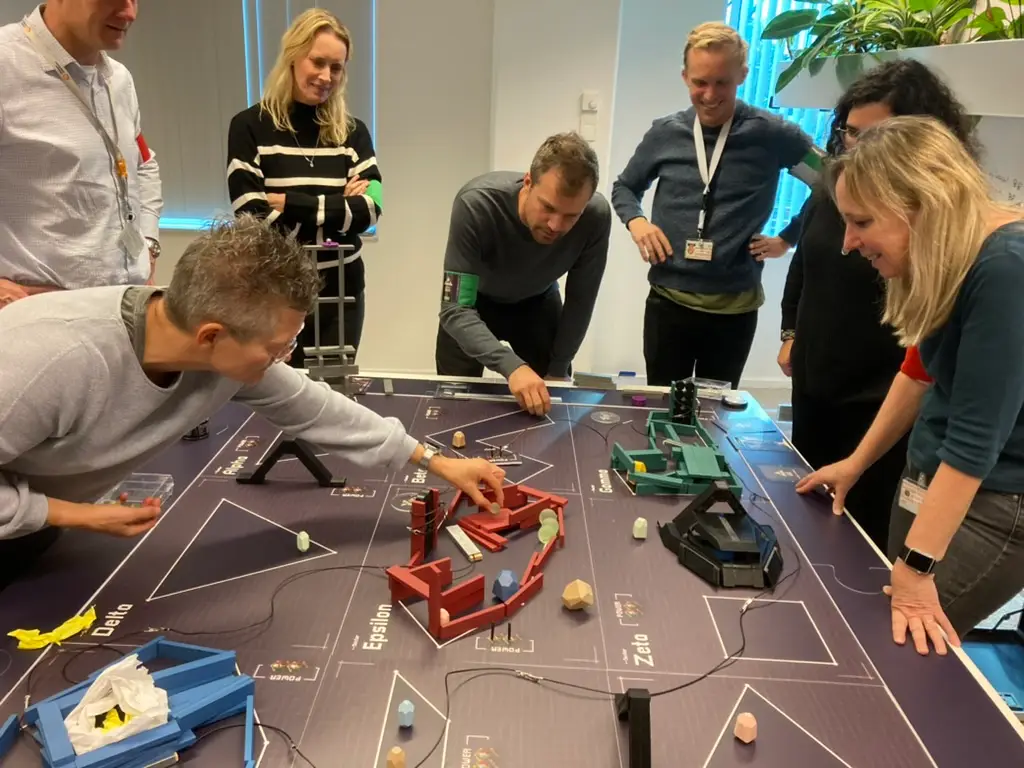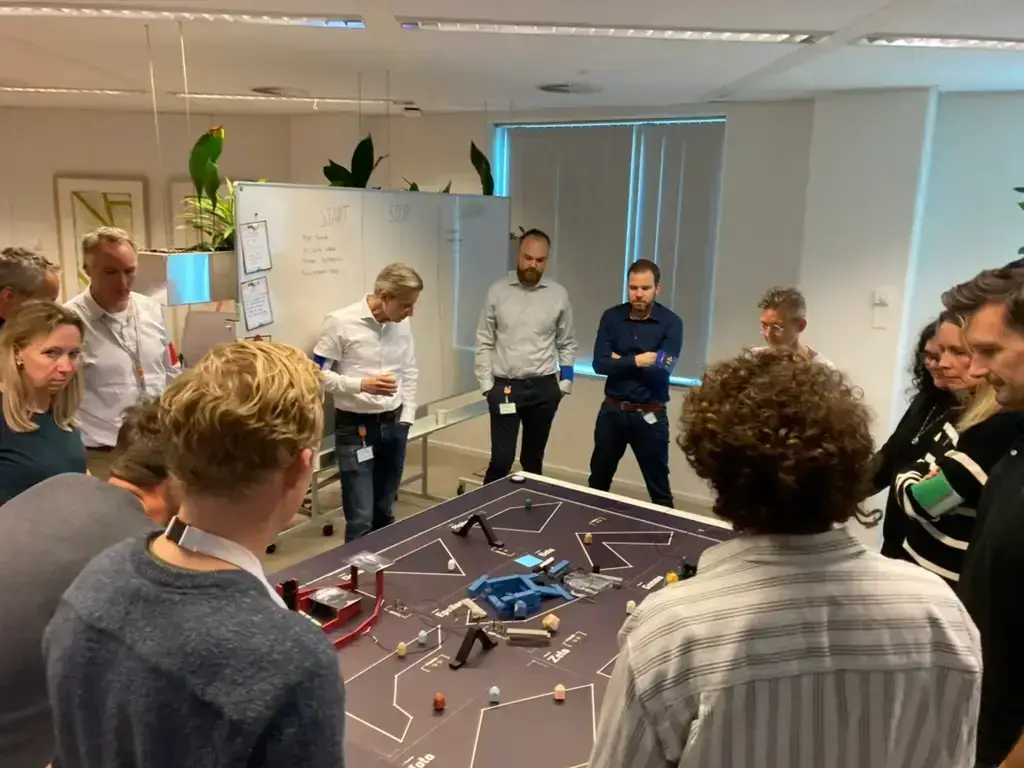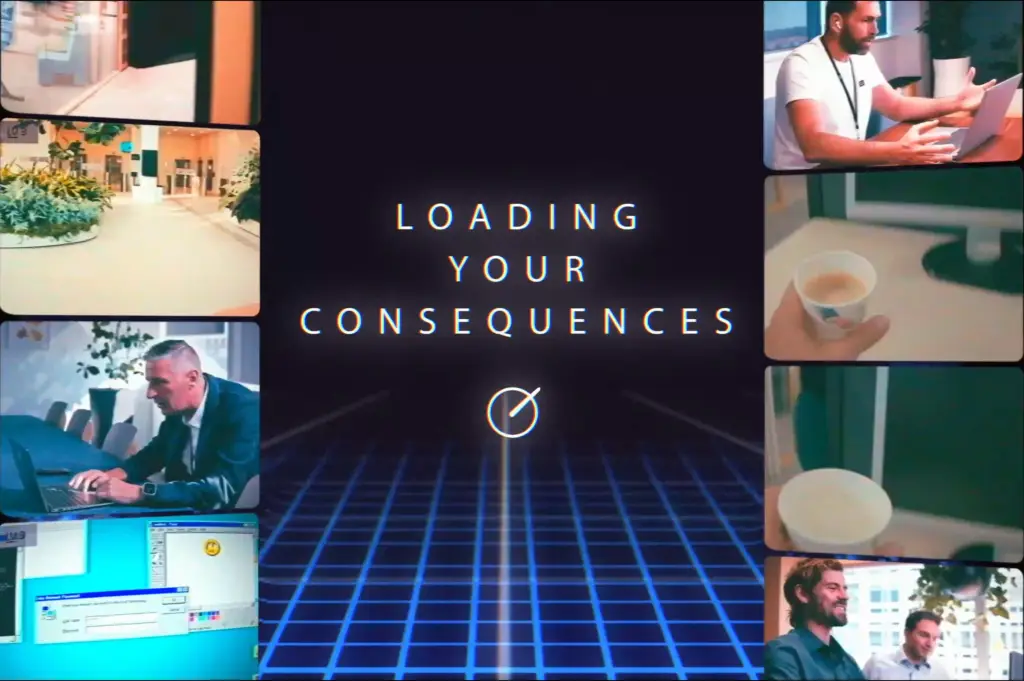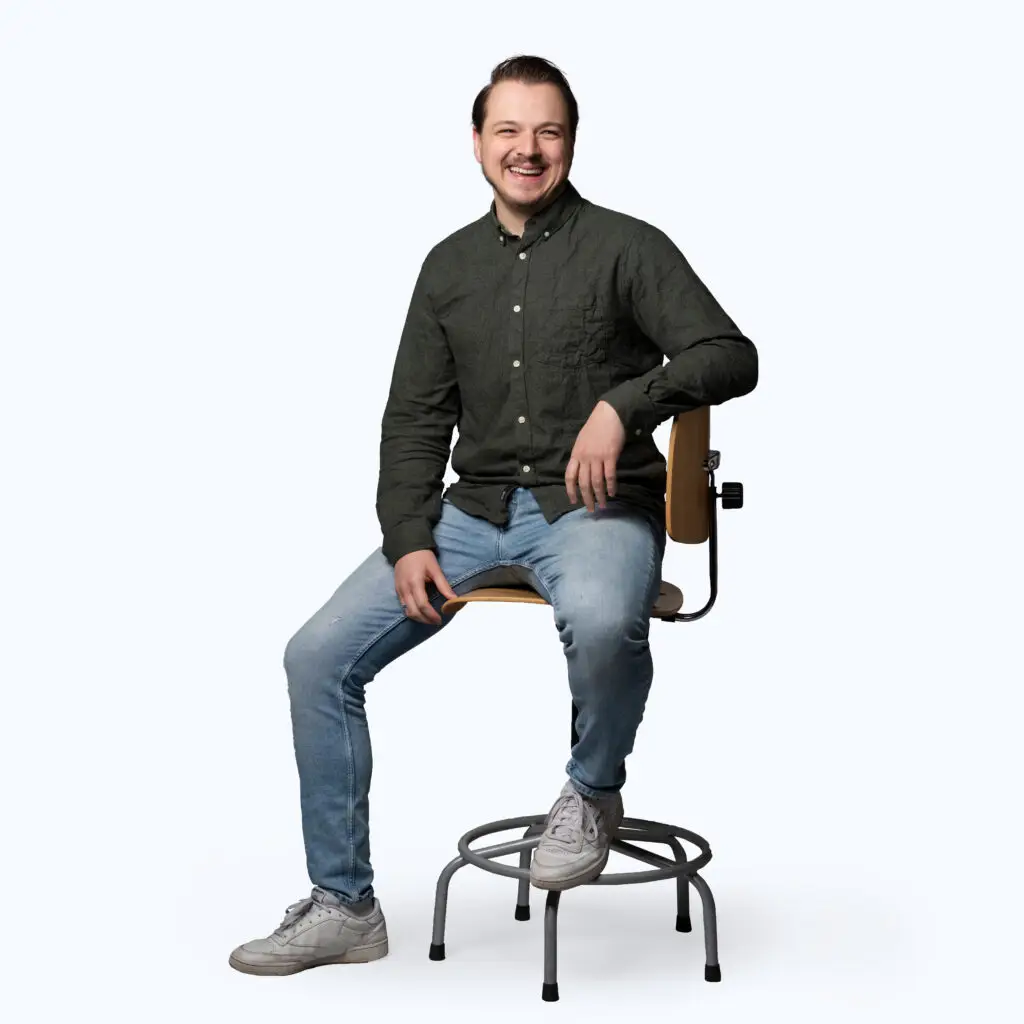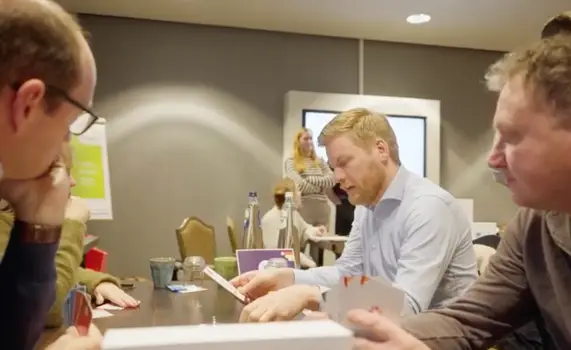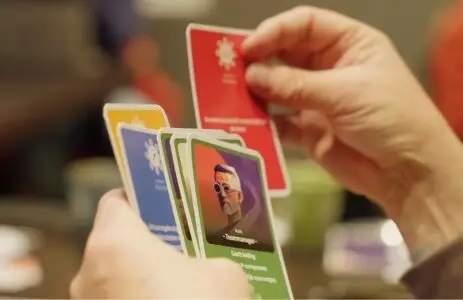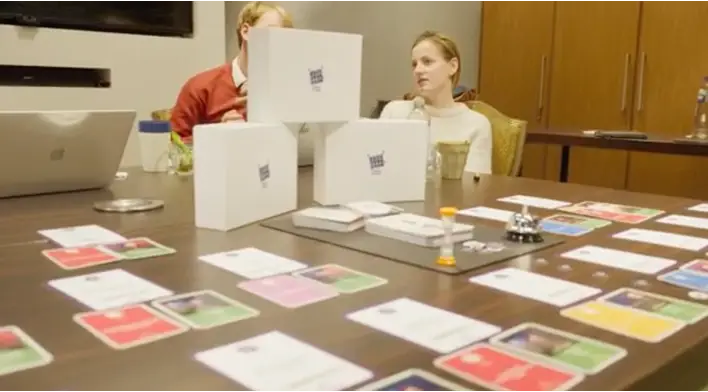Gaming as Training at Rabobank
The Challenge
How can we effectively, innovatively,
and engagingly train people on the application of Customer Due Diligence (CDD) standards?
Banks in the Netherlands act as the gatekeepers of the financial system, tasked with combating crimes such as money laundering and terrorism financing. To successfully undertake this responsibility, Rabobank ensures that its employees are well-versed in sanctions regulations, standards, and procedures, and can apply them effectively. Frisse Blikken was brought in to help Rabobank with an innovative and engaging training program focused on the application of Customer Due Diligence (CDD) standards.
Our Fresh Perspective
Making Complex Topics Engaging
While Customer Due Diligence standards are crucial, they are not typically considered engaging content. Rabobank wanted not only to inform employees about these standards but also to actively encourage them to consistently adhere to them. Our challenge was to create a program that, in addition to delivering substantive knowledge, also focused on raising awareness and developing skills.
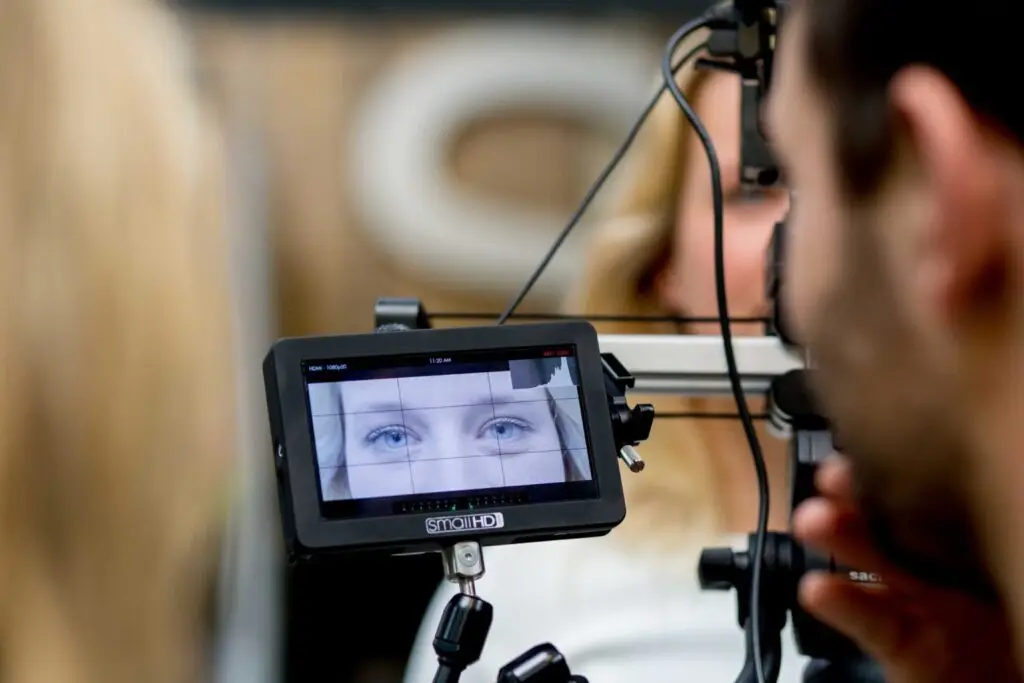
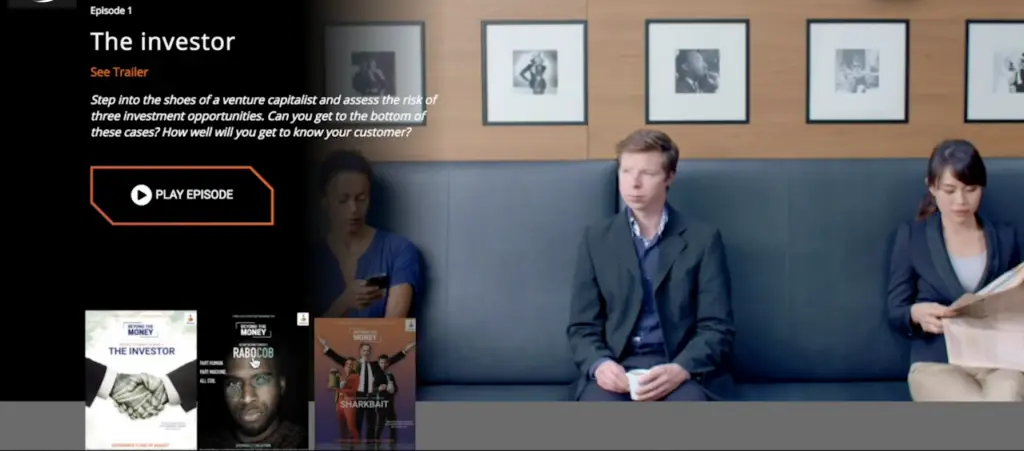
Interactive ‘Netflix Series’
To address this, we developed a comprehensive program featuring multiple interventions. A key component was an e-learning module combined with an online game called Beyond the Money. This game resembles an interactive Netflix series, where players make choices that shape the story. The decisions and dilemmas mirror real-life scenarios employees face. Players are assigned different roles in the game, such as an investor, a quiz participant, or a futuristic RaboCop.
Training 3,000 Employees Successfully
Through this program, we successfully trained 3,000 employees across 31 global locations. The diverse audience included both front-office staff and CDD analysts, who all engaged with the same training. The program received high praise and has become a benchmark within the bank for innovative training approaches.
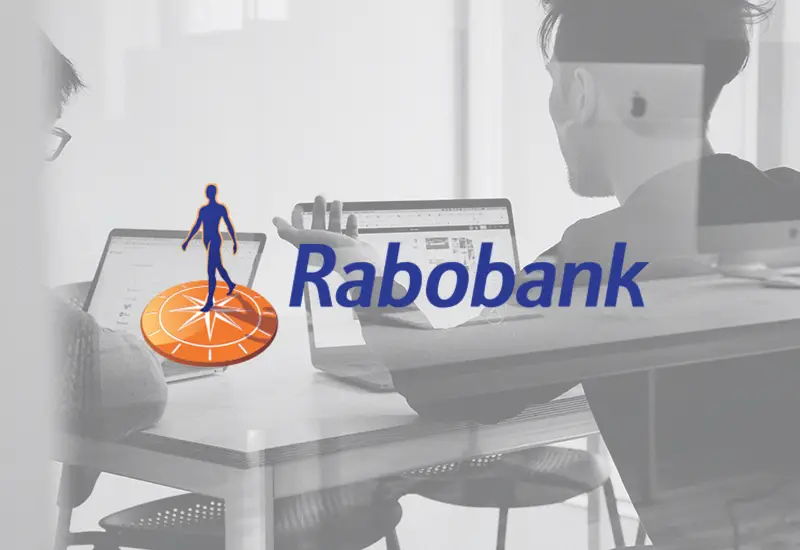
Also check out…
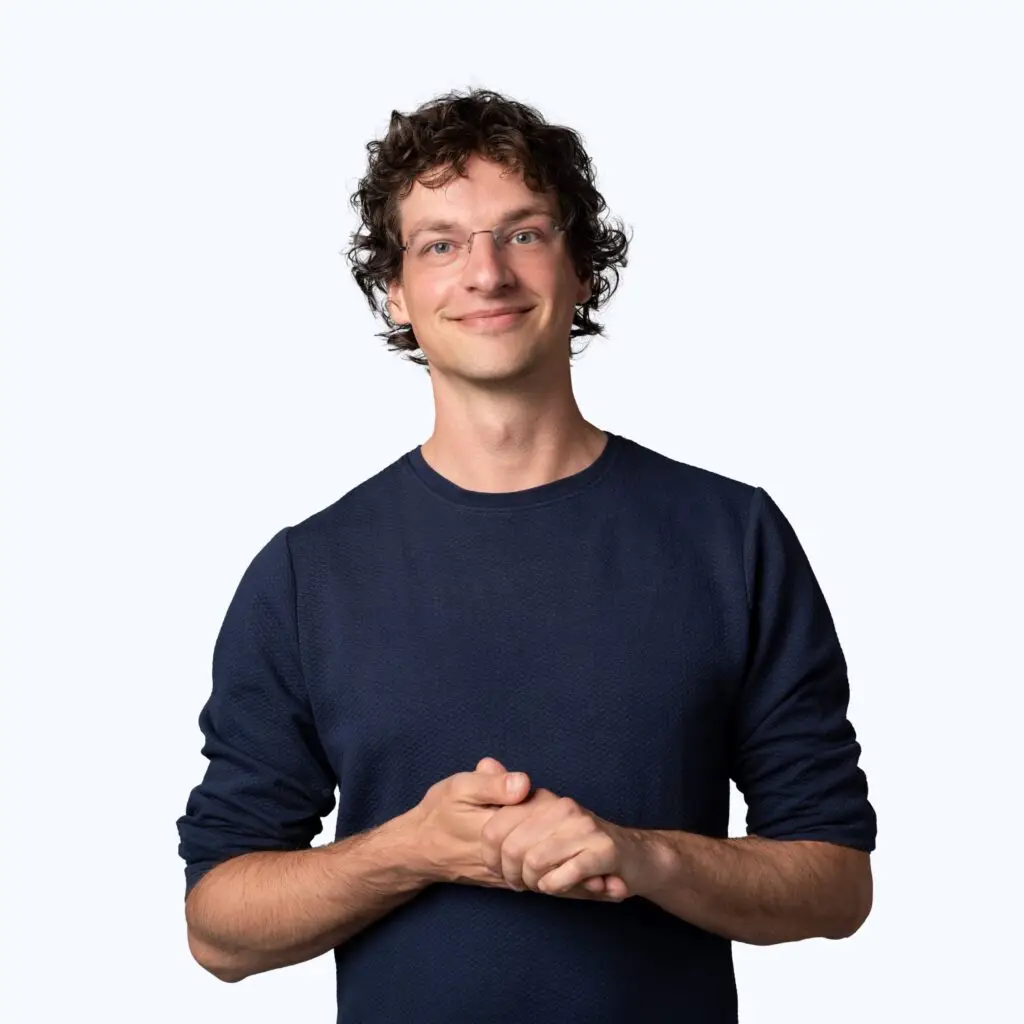
Get in touch!
Curious to find out how we’d tackle your challenge? Leave us a message and we’ll get in touch shortly!



